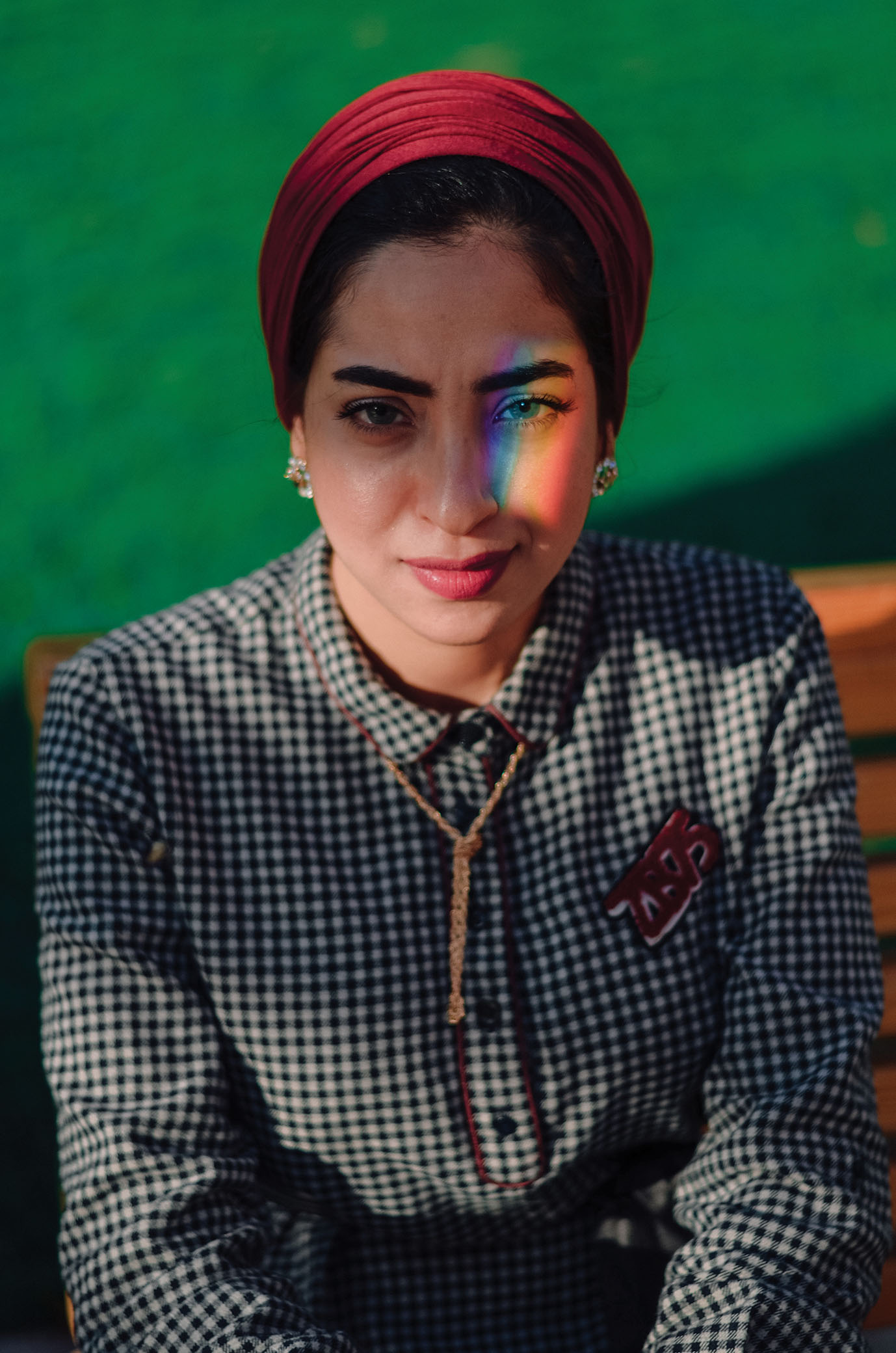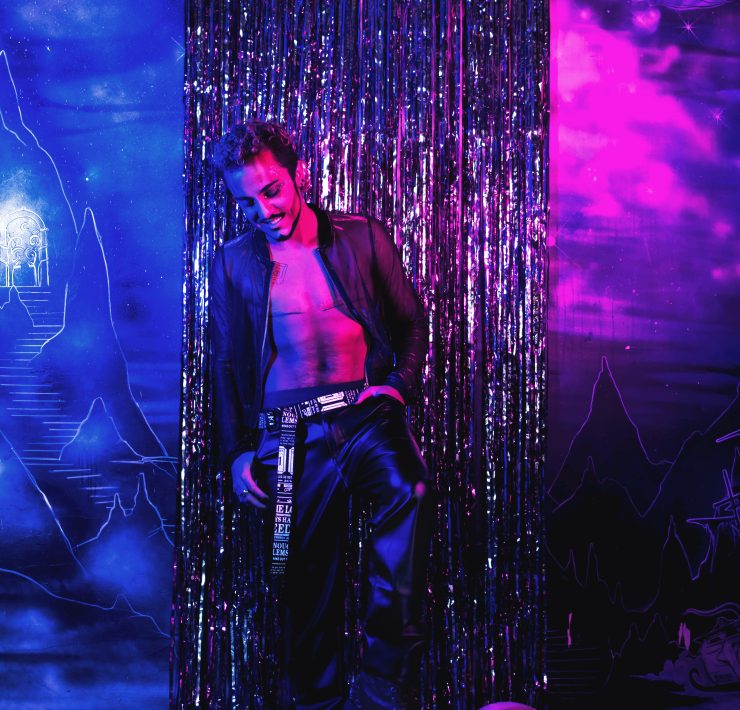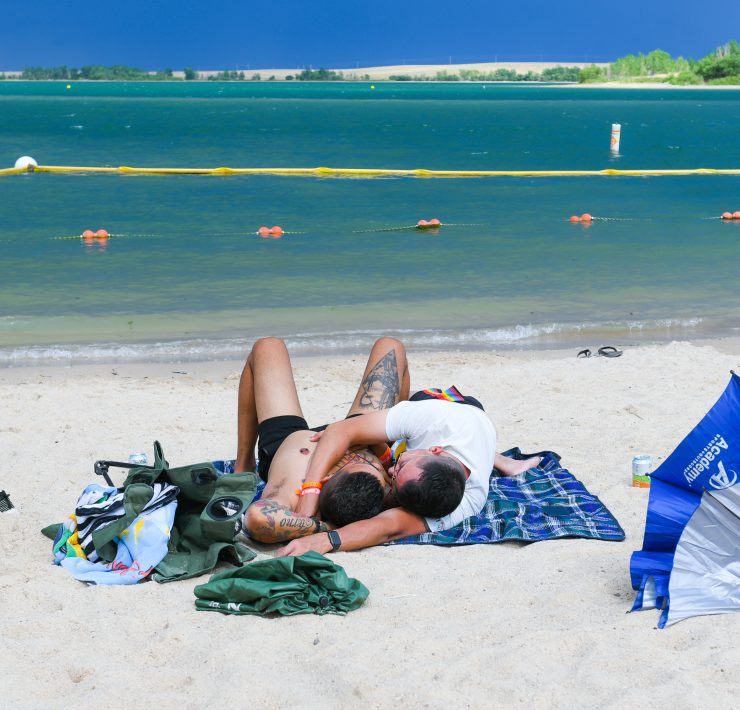For All: Aurora Embraces Diversity and Inclusion

Addison Herron-Wheeler is OUT FRONT's co-publisher and editor-in-chief and friend…
Denver may be the Colorado city most known for culture and diversity, but its neighbor to the East, Aurora, boasts high numbers when it comes to its diverse and varied population.
Still, despite this fact, much of the focus on acceptance and cultural relevance is placed central to the Denver area. Denver hosts PrideFest, cultural festivals, and is home to LGBTQ organizations. Activists get up in arms about the gentrification in historic Denver neighborhoods that have long been home to people of color. Not much attention is paid to fair and affordable housing in Aurora, however, or the vast population of immigrants, refugees, and minorities that call Aurora home.
For this reason, OUT FRONT decided to focus on Aurora and host an annual Pride event within its borders. The population of the city is often underserved when it comes to special events and programs that cater to Denver, but it turns out they have a pretty good handle on embracing diversity within their city and trying to make life better for all people, despite some setbacks and issues the city is still facing.
Here is what we found out about the City of Aurora, from population demographics and a chat with the mayor about diversity, to the programs in place for queer folks, immigrants, and people of color.
By the Numbers
You can see the diversity in Aurora just by driving through the city, checking out the array of restaurants, places of worship, and people. But when you look at it on paper, it’s even more impressive.
According to “Who is Aurora” the city’s 2016 demographic report, the city of Aurora is 17.6 percent white, Hispanic, or Latino; 16 percent black or African American; and 5 percent Asian. In a state like Colorado with a high concentration of white residents, Aurora stands out as a diverse beacon.
The city also has a large immigrant population, with an especially large concentration of Ethiopian residents. Twenty-one percent of residents speak Spanish at home; that number is much higher than the 13.6 percent in the Denver metro area, and 10.3 percent of residents are disabled, which is also higher than the metro average.
These numbers show that Aurora has a varied population and is a place many folks of different ethnicities and backgrounds call home. However, it’s also clear from the published numbers that many of the people who live in Aurora are struggling economically. Twelve percent of families live in poverty, and so do 16 percent of adult individuals and 23 percent of children.
While the most recent, available census data report contains a lot of information about the city, it highlights the existing diversity without commenting on it and still misses a lot of pertinent information. It talks about languages spoken, races, genders, ages, and poverty levels, but it does not address how many folks are queer, in same-gender relationships, or identify as trans or nonbinary.
To get a clearer idea of the people and programs behind the numbers, we reached out to influential figures in Aurora to learn more about the city and how it treats its citizens.
Immigrant Integration
Especially since the election of Trump, America is on edge about immigration. Cities are taking a stand about the laws imposed within their borders, often claiming to be “sanctuary cities” that protect immigrants. Aurora does not claim that term, but instead calls itself a “welcoming city.”
“We comply with federal law and don’t break any federal laws, but the reality is that immigrants are members of our community, and if we were to adopt a new policy where local law enforcement wasn’t friendly to immigrants, we would have a situation where undocumented immigrants would no longer participate in reporting crimes and helping keep our community safe,” explained Aurora mayor Bob LeGare. “It’s very important for our community to feel safe and welcome regardless of their immigration status. We as a city do not have the ability to do federal law enforcement.”
The idea behind this action is simple: if a large percent of the population is unwilling or unable to report crime, the city will be a lot more dangerous. This, coupled with a desire to do right by the city’s residents, drives the mayor and the police force to make sure immigration status isn’t asked about if a crime is reported.
“If you read the studies, cities with high immigrant populations have better paying jobs; there are lower violent crimes, and I think Aurora, with our highly diverse population, we are certainly benefitting from that,” said Allison Hiltz, MPP, council member at-large. “I would like the city to take more policy stances that show that, but we are doing a lot.”
The city also has an office of International and Immigrant Affairs, a department that seeks to make things better for immigrants who are undocumented or folks who legally moved to the U.S. but lack the resources to get ahead. They help families get the support they need, including language classes for those looking to improve their English, professional development courses to help with landing jobs, and daycare for those with families and children.
“We are very proud that Aurora is the only city in Colorado and one of 10 cities in the U.S. with a comprehensive immigrant integration plan. The Office of International and Immigrant Affairs facilitates the successful integration of immigrants and refugees into Aurora’s civic, economic, and cultural life,” said Ricardo Gambetta, manager, Office of International and Immigrant Affairs. “Since the launching of the immigrant integration plan, OIIA has made immense progress on the plan’s implementation, initiating innovative and nationally recognized programs to provide immigrants and refugees the tools they need to address linguistic and cultural barriers, promote small business, partner with law enforcement agencies, reach for opportunity, and learn about city resources.”
In addition to the support available and the lack of aggressive action against undocumented immigrants, the city tries to support the diverse immigrant community’s culture. They recently implemented a citywide festival called Global Fest, held every year to honor all the different cultures that mingle in the city. The festival gives immigrants the chance to share and celebrate their own personal histories and learn about other immigrants, and also teaches native-born residents about other cultures.
While all of this support is paramount for a healthy city, a safe space is also needed for people of color who, while they may be native born and assimilated into American culture, still face disadvantages based on their skin color.
People of Color and Low-Income Inclusion
Aurora still has work to do in the realm of racial inclusivity and equality, but they are making strides towards embracing and supporting people of color in the workforce and all across the city and creating more opportunities for those who are lower income.
“We have programs that support all segments of our community,” said LaGare. “When it comes to housing, the Aurora City Council is going to be meeting and discussing in more depth affordable housing, attainable housing, workforce housing. That is an issue that has come up in the last three to four years, and it’s not unique to Aurora; its the entire metro area.”
This city is aware that many of their residents need resources to help with affordable housing or employment. However, when it comes to specifically supporting people of color and their minority status, some residents feel there are not enough resources in place to make them and others like them feel included.
“I don’t think that Aurora has many opportunities for people of color in the community,” admitted Reia Cheille, a black, trans woman who lives in Aurora and performs under the drag name Menage E’toi. “I think it is not anything personal, just honestly something that seems to happen across the state. Being African American, we are often looked at as trouble. And I feel like if someone were to do something different targeted towards us, there would be tripled amounts of law enforcement and many stipulations that other events not aimed at African Americans do not have to put up with.”
Cheille also mentioned that all the programs in Aurora targeting queer African American folks seem to focus on HIV or AIDS. In other words, while there is outreach for those who are lower-income or need medical help, there are not a lot of programs in place that specifically celebrate black folks and people of color.
LGBTQ Activism
Like in many areas, there is not clear data regarding the numbers on queer folks in Aurora. Census data will delve into who is single and married, but most surveys don’t look at people in a same-gender marriage or how many people do not identify with the gender they were assigned at birth.
For that reason, it’s hard to clearly quantify how much support there is in Aurora for LGBTQ people or how much is needed. But, there are a lot of programs in place to support queer individuals that have been positively received.
The UCHealth LGBTQ Mental Health Clinic, also known as the “Imagine Clinic,” provides services to LGBTQ individuals of all ages. Robert Davies, medical director and co-founder, helped start the clinic after realizing a need for queer youth to be able to take pride in themselves.
“We provide a safe and affirming place for queer kids to explore their own relationship with their sexual and gender identity through individual and group therapy modalities,” he explained. “It’s important to give LGBTQ youth, in particular, an early experience of acceptance and support in order to minimize internalized self-hate that so often develops in LGBTQ individuals who don’t find acceptance. We also work with their families to help them be able to provide support.”
The city also shows queer inclusion in a very unexpected area—the police force. The police cruiser with the rainbow flag that is always seen around Denver PrideFest is from Aurora, and the police chief has made a point of being outspoken in support for trans folks.
“When the military wanted to ban trans people, the police chief tweeted, ‘If the military won’t take you, come here; we want you,’” explained Hiltz.
OUT FRONT’s own Aurora Pride is also evidence that the city makes strides when it comes to inclusion, and that the LGBTQ community wants an event to happen within city limits. While all metro area residents are welcome at Denver’s PrideFest, the event is Denver-centric, taking place right downtown. Having a Pride event in Aurora allows folks who may not be able to make it downtown, or who may have missed the first Pride celebration because of work, another chance to join in the festivities.
Moving Forward
Aurora clearly has a diverse population, made up of largely of immigrants, people of color, and folks who identify as queer. There is also a large population of low-income and impoverished individuals and families. This puts the city in a unique position to offer services and provide resources for residents in need.
While there are many great programs in place that promote diversity and initiatives to help people in need, more work could still be done in Aurora to truly make all residents feel like they belong. With more groups and individuals stepping up in the face of national-level oppression and discrimination, Aurora has the chance to make a real impact on the people within its local community.
What's Your Reaction?
Addison Herron-Wheeler is OUT FRONT's co-publisher and editor-in-chief and friend to dogs everywhere. She enjoys long walks in the darkness away from any sources of sunlight, rainy days, and painfully dry comedy. She also covers cannabis and heavy metal, and is author of Wicked Woman: Women in Metal from the 1960s to Now and Respirator, a short story collection.










